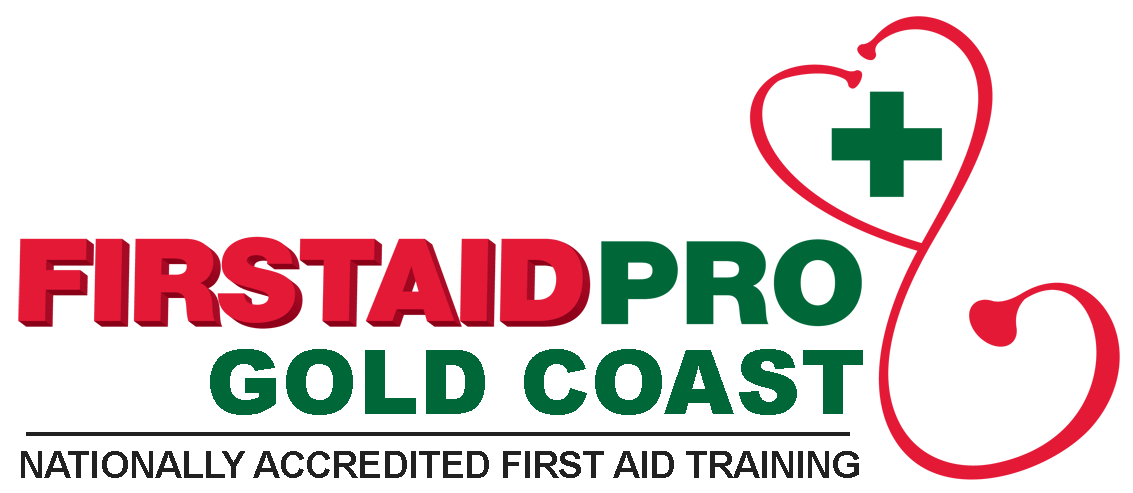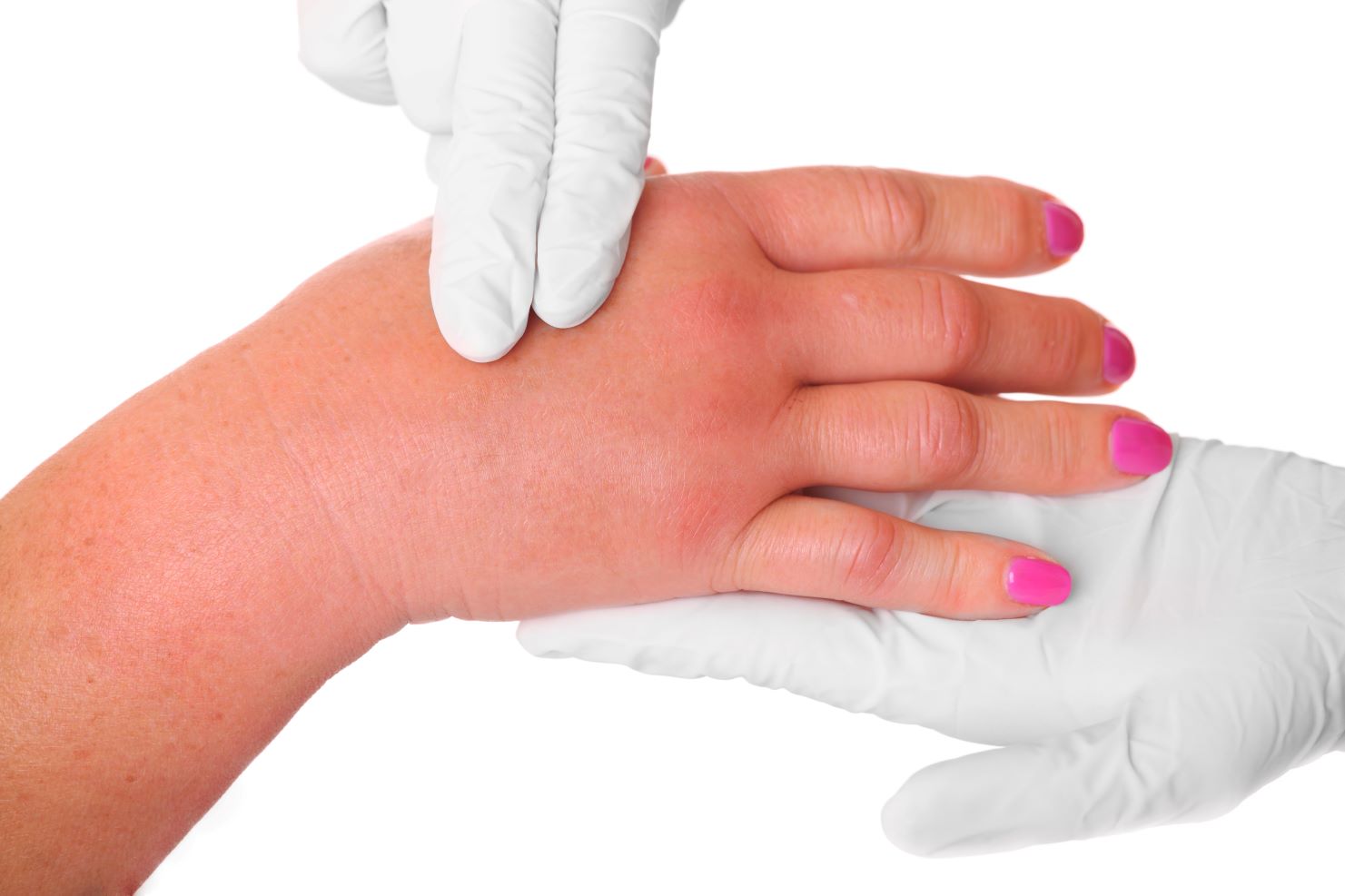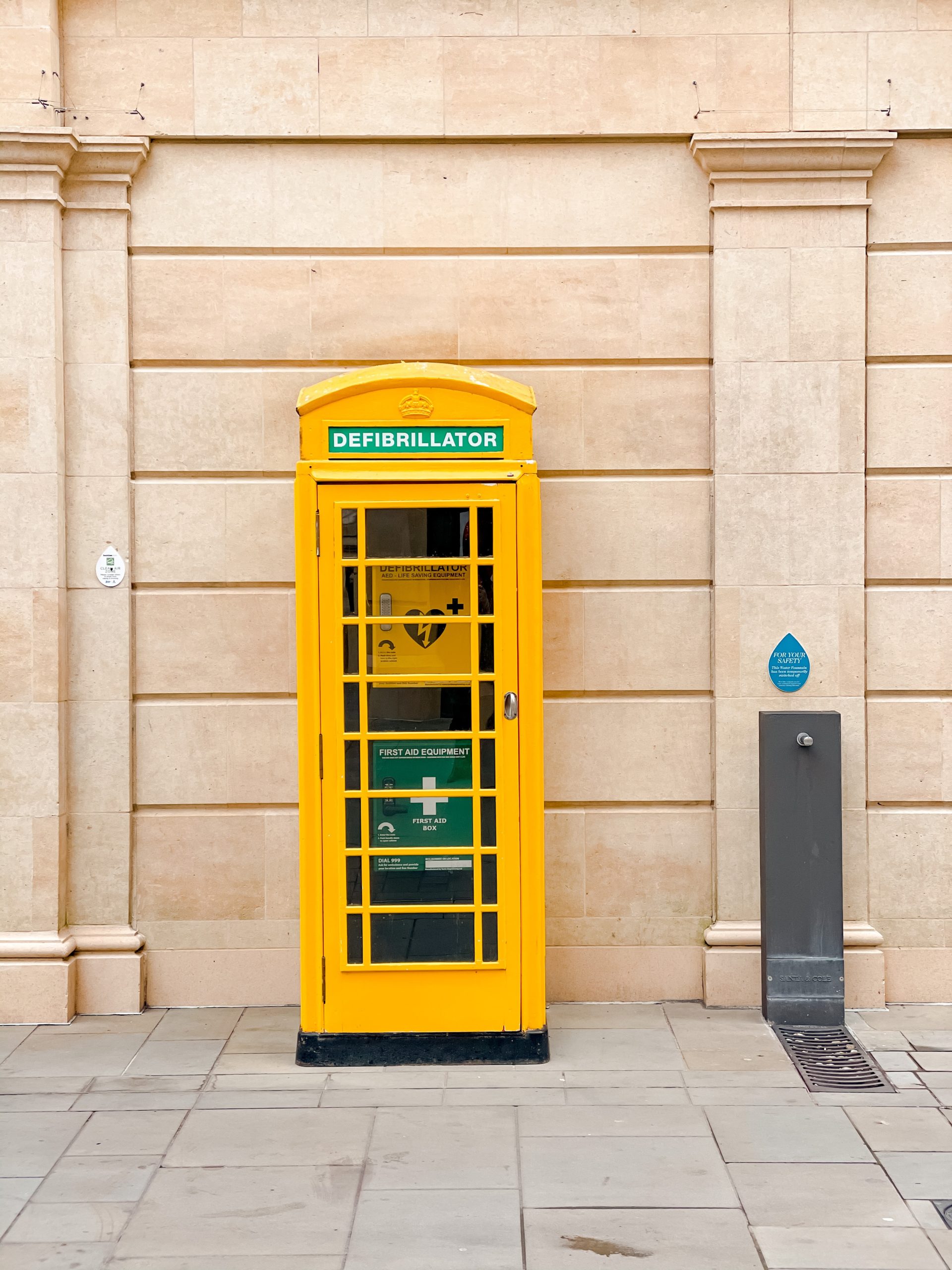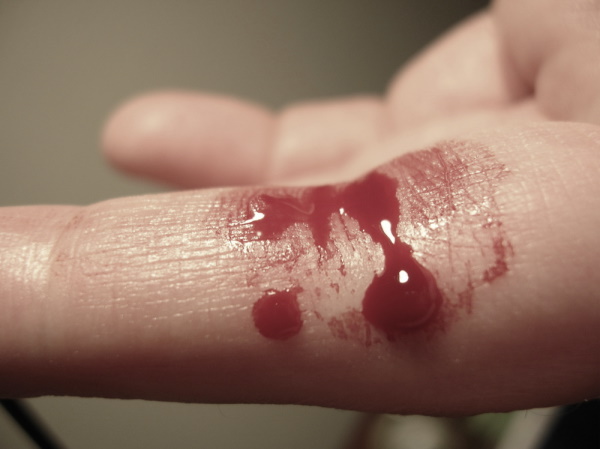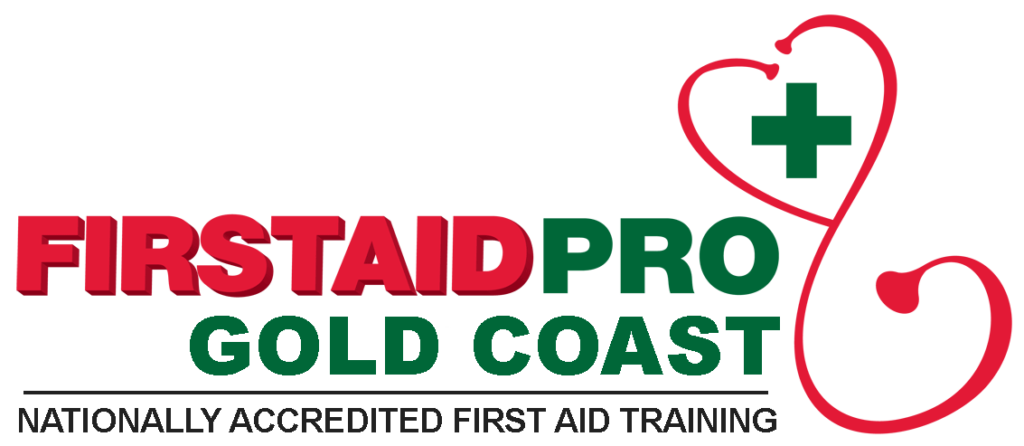What is a Mental Health Care Plan?
A mental health care plan (also known as a mental health treatment plan) is a well-designed plan for people with a mental health condition. These plans are usually written with your GP. It identifies the type of support and health care you need and has the goals you and your doctor have agreed on achieving. It can also have referrals to mental health services.
A mental health plan is great if you are diagnosed with a mental health condition. It can help you feel happier, think more straightforward, work through hardships, improve relationships and provide you with great coping skills for difficult situations.
Mental health plans aren’t necessary and can be challenging to obtain if you need one urgently. However, there is a vast range of resources you can easily access. Mental Health First Aid courses, Social workers, Beyond Blue, Kids Help Line, and Headspace are all great examples of good resources you can use.
What is a Mental Health Condition?
A mental health condition (or mental illness) can be a range of things that affect one’s thoughts, feelings or behaviour. Beyond Blue says these conditions can cause distress, impact day-to-day functioning and relationships, be associated with poor physical health, and can cause premature death from suicide. Good mental health can be life-changing, and it is vital that individuals get treatment for their mental health conditions. Good mental health can increase learning, creativity, productivity, more social behaviour and positive social relationships with improved physical health and life expectancy.
Some better known mental health conditions include:
- Depression
- Anxiety
- Psychosis
- Substance abuse
A mental health crisis can occur for a range of reasons. It can be due to grief, personal or financial circumstances and mental health illnesses.
Some Mental Health Crises behaviours can be:
- Suicidal thoughts and behaviours
- Self-harm
- Panic attacks
- Traumatic events
- Severe effects of drug or alcohol
- Severe psychotic states
- Aggressive behaviours
This behaviour can be significantly reduced with a mental health treatment plan. A mental health crisis can cause further mental health problems and even permanent psychological and physical damage. So if you are experiencing ANY of these problems, you should see a doctor right away! If you know someone who is exhibiting these behaviours then you can contact a range of services that can help you, help them.
What does a Mental Health Treatment Plan do?
A mental health treatment plan can provide an extensive range of benefits to you. These plans usually provide you with extra support and faster access to support services, such as a referral to a specialist, medication, and strategies to improve and maintain your mental health! What makes it even better is if you have a mental health treatment plan, you will be entitled to Medicare rebates for up to 20 individual psychological appointments per calendar year. This gives you access to psychologists, psychiatrists, counsellors, occupational therapists and social workers. This means you can get your mental health checked upon with little to no financial burden.
It also gives you a range of goals that set a benchmark for showing mental health improvement. These goals can vary a lot depending on the condition or diagnosis. For example, an anxiety goal could be to increase the amount of social contact a person makes. A goal for depression could be to have improved happiness. These goals can help you and your doctor identify what to achieve, how to get there and if you have achieved that goal. If you haven’t, maybe more support is needed. And if you have, maybe less medication or support is needed. Of course, this all depends on the diagnosis and what your doctor thinks is appropriate for you.
Extra Support
There are some other ways to get support if you can’t get a mental health treatment plan in time.
Seeing a social worker can be a great way to get support. Social workers can help you with short term counselling and referrals to more support services. You can talk to a social worker about;
- Family and domestic violence
- Thoughts of suicide or self-harm
- Being a young person without support
- A personal or family crisis
- Mental health concerns
- A natural disaster and how it’s affected you.
To contact a social worker, you can either:
- Call the Centrelink employment services line and ask to speak to a social worker
- Visit a service centre and ask to speak to a social worker.
This service can help give you the courage to get a mental health treatment plan or just provide some well-needed support.
Furthermore, you can also access support services;
- If you’re in crisis and need support, call Lifeline on 13 11 14. They’re open 24 hours a day, 7 days a week. The Lifeline website also has helpful information on crisis support and suicide prevention.
- If you’re between the ages of 5 and 25, you can call the kids helpline on 1800 551 800. They’re open 24 hours a day, 7 days a week. They offer a phone counselling service. The kid’s helpline website also has helpful information for kids, teenagers, young adults and parents.
Need something else? You can also find a list of mental health programs on the Department of Health website.
How can we help?
At First Aid Pro, we pride ourselves on offering excellent mental health courses. We provide various courses relating to mental health. These courses are great to learn about mental health if you are suffering from a mental health condition or know someone that is. Our MHFA Mental Health First Aid Training Course is a great course to do. It is an evidence-based course that will teach you how to recognise and respond to the symptoms of mental health distress, including where to go for professional help and what treatments are available. Take a step to help yourself or someone you know. Book in today!
Follow us for more!
Liked our blog and article posts? Keep in contact with us through our socials or save our blog pages by pressing the star in the corner of your browser.
We’ve also got some great mental health content being released throughout October, for Mental Health Awareness Month! Follow us on our social’s to make sure you don’t miss out on any of it!
Our Socials are:
Tiktok: @firstaidprosa
Instagram: @firstaidprosa
Facebook: First Aid Pro
